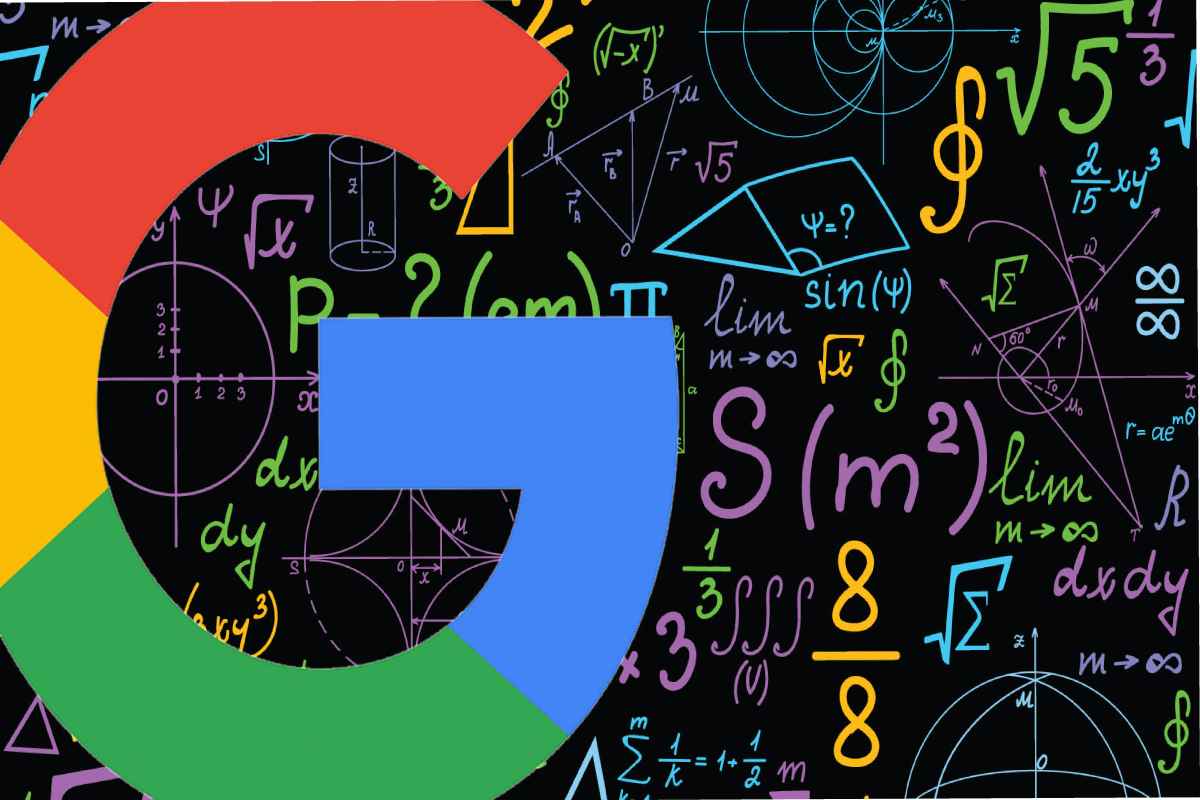What is Google
Google is an American Internet giant founded in 1998 in California, in the mythical Silicon Valley.
The company is top known for its search engines (Google Search and Google Chrome) and is one of the world’s most publicly traded companies.
The development of new services and a meticulous strategic acquisitions policy have enabled it to create a vast web composed.
YouTube (platform for viewing and publishing online videos).
Android (mobile operating system), Gmail ( messaging electronics ),
Picasa (online photo and video storage),
Firstly, Google Cardboard ( virtual reality headset made from cardboard),
Secondly, Google Documents (online document sharing using cloud computing ),
Thirdly, Google Pixel ( smartphones, tablets, and computers),
Google News (collection of information from the Web on a specific topic),
Google Maps (online mapping),
And also, Google Earth (visualization of satellite images).
A simple definition
- Google is the company’s name and the eponymous Internet search engine created in 1998 by Larry Page and Sergei Brin when they were students at Stanford University (United States).
How does it work?
- The popularity of Google lies mainly in the free, easy, and fast access to many services.
- To finance itself, the Mountain View firm has relied heavily on advertising since the 2000s, with two primary financing means.
- The cost per click and the sponsored link through AdWords is a system that consists of selling words
- It is a key to companies wishing to appear at the top of the results on its search pages.
- As for the search engine, it’s impossible to talk about it without mentioning its GoogleBot and its algorithm.
- Googlebot is a robot that surfs the Web every day. A surf session on an enormous scale, difficult to imagine for the simple Internet user.
- Our browser scans several billion web pages and saves them in a gigantic directory before indexing (ranking).
- Once stored on the servers, the search engines then sort the indexed pages based on several criteria, such as the content’s relevance.
- The sites (links inbound or backlinks) and many other secrets that not disclosed to the general public.
www.google.com
- www – World Wide Web (no longer necessary to put this in front of the domain name).
- The separators distinguish between the URL’s prefix, subdomain, hostname (main domain), and top-level domain (e.g., .com, .org, etc.).
- Google – a made-up word that, according to multiple sources, derived from the word googol, which is a noun referring to the number 10 to the 100th power.
- Com – top-level domain, or TLD for short (some may also refer to this as the “suffix”).
There is a list maintained by the Internet Assigned Number Authority (IANA) of all eligible TLDs. In this case, “.com” means “company.”
Is www.google.com a web client?
- A web client is an application that transfers with a web server using the Hypertext Transfer Protocol (HTTP).
- Hypertext Transfer Protocol underlies the World Wide Web on every web transaction.
- HTTP is behind every web document or image request, every hyperlink click, and every form of submission.
- The network distributes information over the Internet, and HTTP is the protocol used.
- So yes, it is a web-client that offers us a search facility.
Does Google offer so many free services?
- Google isn’t free. Every time you search, you pay for it. In an era when money is deeply embedded in the nerves of the Internet, users’ most valuable data is their data.
- You give them the most precious thing you exchange your choices vusing search patterns or cookie views of your web browsers.
- Your charts invite Google to formulate targeted ads for you.
- For example, if I search for “Best Laptops Under 50k,”. It notes that you are looking for a laptop with specs.
- However, it reaches out to 10 laptop manufacturers and asks, “I have a client. Who will give me more commission?
- If Company X prepares to provide more commissions, it will show its mobile phones at the top of the search results.
- It was just an example. It shares your search patterns, information, keywords, and just about everything else.
- As the best in the advertising industry, it is optimistic. So we consider everything that he shows to be fair.
- And also, the highest result on a Google search page is not the most relevant page.
- Thousands of engineers are working at their company to master Google’s search engine optimization techniques to get their website in the first lines of search results.
- You don’t run Google; Google runs you.

